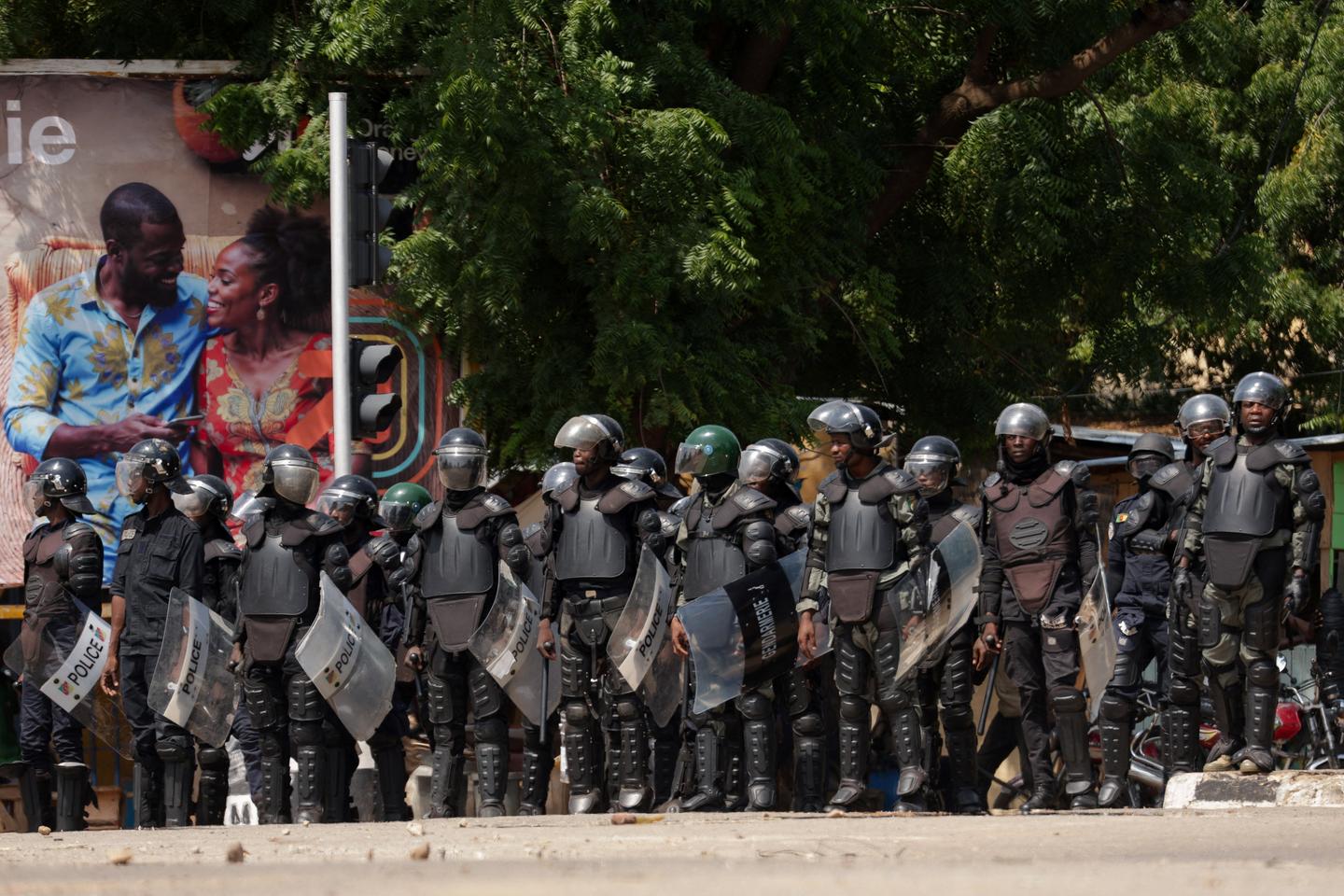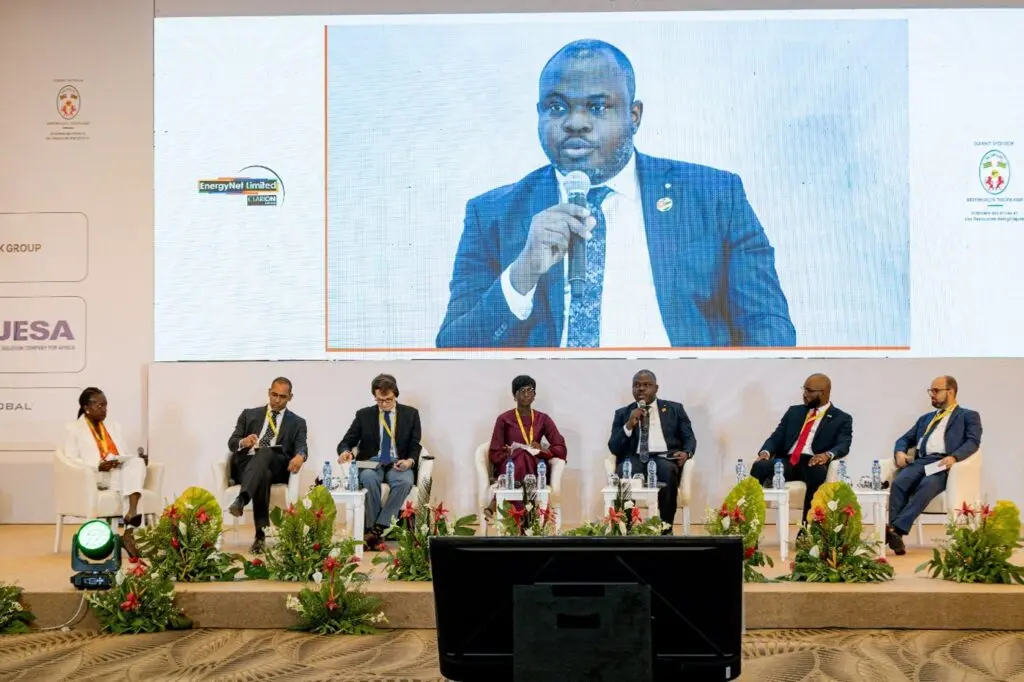
Cameroon’s Indomitable Lions Face World Cup Turmoil Amid Africa’s Economic and Agricultural Crossroads
The 2026 FIFA World Cup is drawing nearer, and Cameroon’s national football team, the Indomitable Lions, finds itself entangled in a drama that could easily overshadow its sporting ambitions. Just days before a crucial playoff match against the DR Congo Leopards, tensions are high around head coach Marc Brys, stirring unrest within the team and among its fervent supporters. Reports suggest Marc Brys faces controversy, with former Cameroonian international Serge Branco questioning the Belgian coach’s commitment. Branco even cited a rumored coaching position in Saudi Arabia and Brys’s absence from the critical squad announcement. This perceived detachment raises concerns at a time when national unity and focus are paramount, especially ahead of the November 13 crucial playoff match in Rabat. Will internal discord affect their performance on the pitch? This situation with Cameroon’s football drama isn’t isolated, however. It reflects a wider pattern across Africa where political instability impacts daily life and economic activity. In East Africa, for instance, Tanzania’s presidential election unrest has already sent ripples across cross-border trade with Kenya, slowing down business and injecting uncertainty into regional markets. Kenyan traders report multiple disruptions, emphasizing how fragile Africa’s economic networks can be when political developments constrain commerce.
Yet, amid these challenges, African nations are actively working to bolster their agricultural sector, recognizing its fundamental importance for food security and economic growth. Exciting developments are underway, like John Deere’s new technology aimed at boosting autonomy in farming processes. This move towards advanced mechanization and precision farming promises enhanced efficiency, reduced labor costs, and potentially higher yields. Could such innovations help mitigate issues arising from climate variability, pests, and diseases? Beyond technology, voices like Gene Likhanya advocate for a transformative approach in agricultural funding. He emphasizes that farmers and agri-entrepreneurs should craft compelling stories that resonate deeply with funders’ values and aspirations, rather than just presenting cold financial figures. This narrative-driven approach could unlock alternative capital, vital for supporting indigenous crops and sustainable practices essential for tackling global food crises.
As Cameroon navigates these sporting controversies with the World Cup tantalizingly close, the broader African dynamics remind us of the continent’s intricate blend of challenges and hopes. The powerful mix of sports passion, political tensions, and groundbreaking agricultural innovation truly captures Africa’s vibrant, yet complex, reality. The Indomitable Lions’ pursuit of glory symbolizes resilience, but their journey will undoubtedly test their unity amidst these distractions. Meanwhile, East Africa’s trade disruptions underscore the critical need for stronger regional cooperation and peaceful political processes to sustain economic momentum. The transformative potential of new farming technologies and creative funding narratives signals a hopeful shift towards self-reliance and innovation, crucial for feeding Africa’s rapidly growing populations. The months leading up to the 2026 FIFA World Cup will be telling, not just for football fans, but for anyone observing Africa’s broader societal currents. How Cameroon’s football saga ultimately plays out may very well become a powerful metaphor for the continent’s capacity to face adversity and boldly step into its future.















